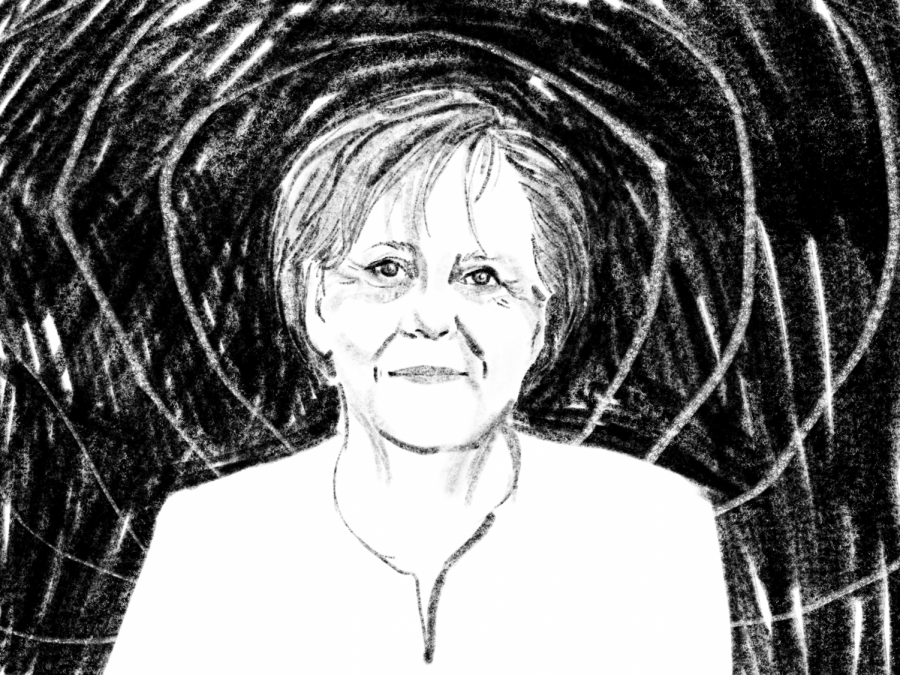16 Years, 4 Terms, 2 Parties, 1 State: Angela Merkel
October 30, 2021
For the past 16 years Merkel’s Germany has been a refuge of stability and moderation in an ever-changing world. However, after nearly two decades, Germany will have a new face take up the Chancellery, as Angela Merkel is stepping down and leaving a difficult task to her successor.
Considered the most powerful woman in the world by many, Merkel rose to power in 2005. In order to put that into perspective, The Register Forum spoke with senior Elsa Barthel, who came to CRLS this year as an exchange student from Germany. Barthel ’22 noted that, “[Merkel] has been the head of the country I lived in for nearly my whole life, or at least for all I can remember.” This followed Merkel taking over as head of a grand coalition in the Bundestag (the German legislature), between the Christian Social Union (CSU) and Social Democratic Party (SDP) for nearly two decades. In an interview with The Register Forum, Gray Bittker ’23 noted that, “Long tenures in government provide stability, but can also undermine the power of the people.” Bittker added that, “an effective and fair democracy,” such as Germany’s, is necessary to “consistently follow through on policy measures over a span of many terms.”
Socially, Merkel has made great strides towards gender equality in Germany. She herself was the first female Chancellor, and as noted by Barthel, “never let her male colleagues take the butter off her bread,” a German idiom loosely translating to never letting her male colleagues get her down. Economically, Germany has regained a critical presence on the European and international scene due to Merkel’s stoic policies.
These policies allowed Germany to transition from a country that was considered the “ill of Europe” at the start of the 2000s into the world’s fourth largest economy. Said policies centered around the liberalization of the economy during the 2008 Great Recession and the European debt crisis. Bittker believes that, “her leadership has made the European Union the global power that it is today.”
Regarding climate change, Merkel is known as a model leader in terms of propelling action. She set the tone that catalyzed the European “Green Deal,” and set carbon neutrality as one of Germany’s objectives by 2045. Senior Pratyush Venkatakrishnan shared with The RF that Merkel’s “high standard on fighting climate change is [her] most important policy, because it will have a lasting impact on our planet.” Her measures regarding the environment have inspired countries around the world.
One of the most critical decisions that Merkel made during her tenure was her “Wir schaffen das!” (“We can do it!”) policy in 2015, which opened Germany’s doors to 800,000 refugees. Despite being rather conservative on social issues, Merkel did not make any reservations in her decision. Such action was remarkable in the eyes of the populace, as Barthel recalls that to her, “Merkel is most associated with the phrase ‘Wir schaffen das!’”
After 16 years at the helm of Germany, Angela Merkel leaves a country in better economic health, and with notable progress on societal issues. Her record is not without stain, but the above assessment proves a net positive impact of her time in office.
This piece also appears in our October 2021 print edition.











